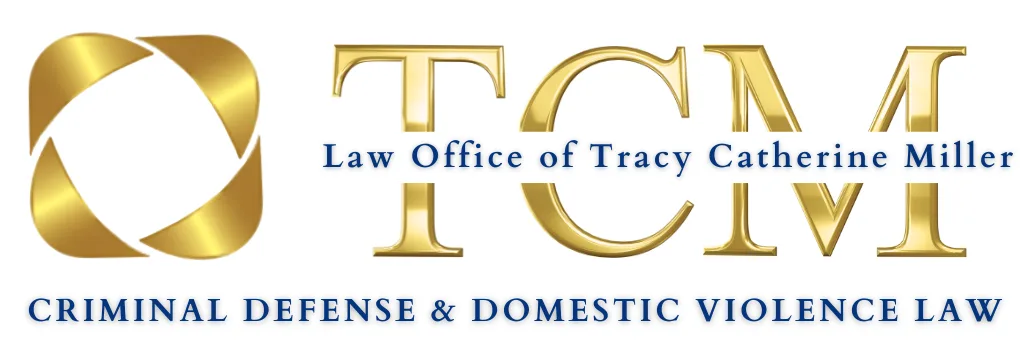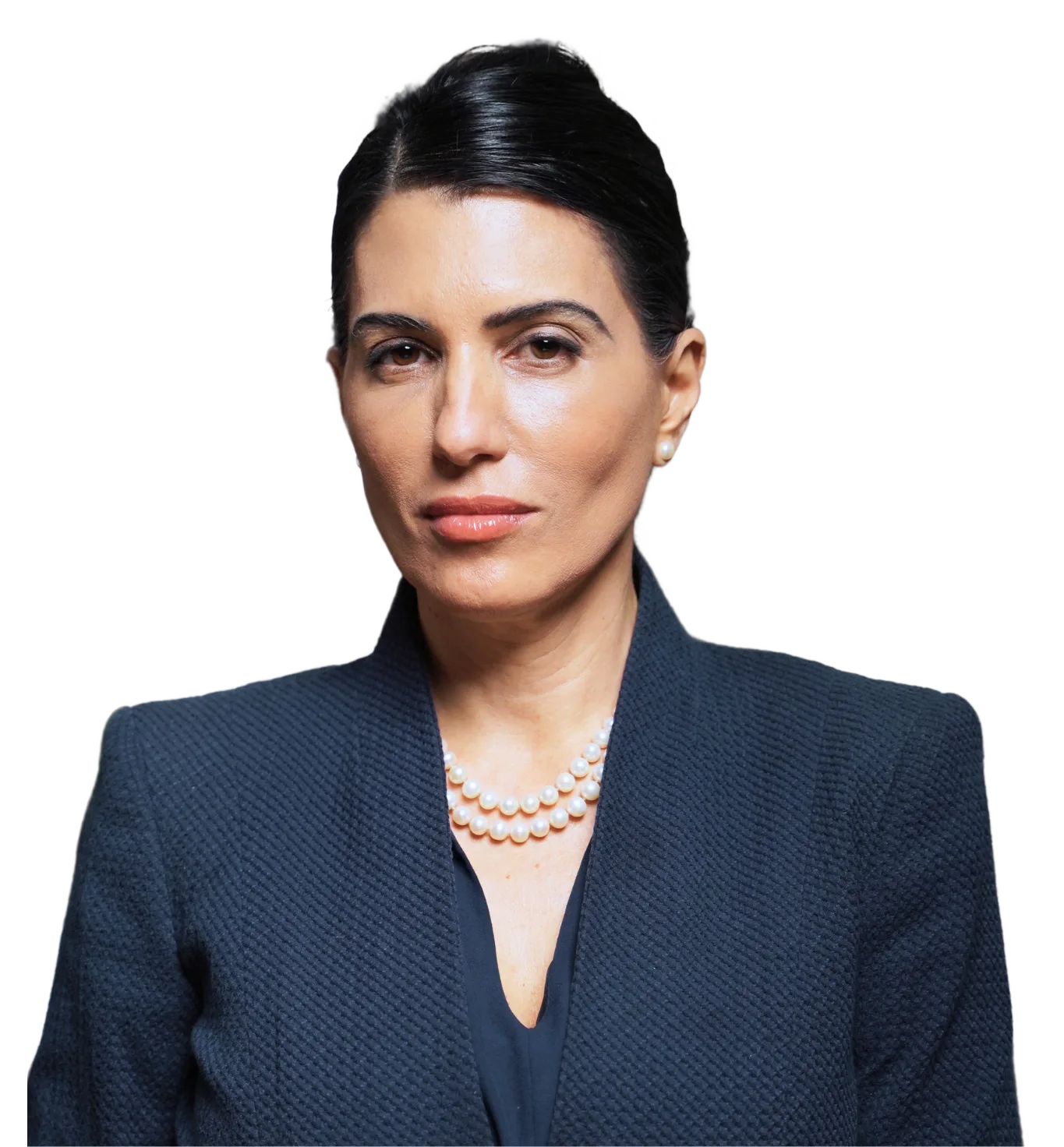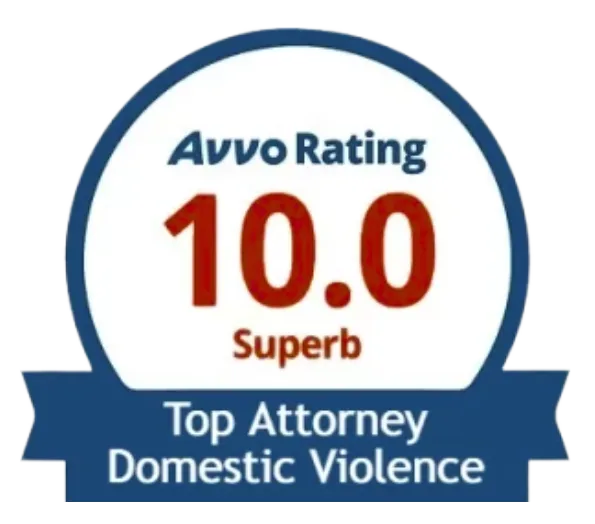
Legal Practice Areas
NEED HELP?
Put our knowledge and experience to work for you today. Call us at 949-429-8098 to schedule a initial consultation. You can also contact us by website form.
TEAM
We defend your rights. Fear of the unknown is overcome by preparation.
WHO WE ARE
OC Criminal Defense Attorney
When my clients come to me, I want them to have high expectations. I believe that my clients deserve the strongest representation possible, and want them to know that they will have someone fighting to protect their rights at all points in their case. When you retain my services, you can expect:
- An honest and straightforward analysis of your case
- A clear explanation of all legal options and what the benefits are to pursuing different strategies
- One-on-one attention from your lawyer
- Assertive legal representation
I am Tracy Catherine Miller, an Orange County criminal defense attorney primarily in Newport Beach I am one of the few Female, Former Felony Deputy District Attorney’s that practices here.
Areas of my practice include: Criminal Defense as a Former
- Expungements
- Pre-file Representation
- DUIs
- Civil Harassment Restraining Orders
- Cease-and-Desist Letters
- Marsy’s Law
- Neighbor Disputes
- AI Deepfake
- Expungements
- Our Female-Owned Law Firm
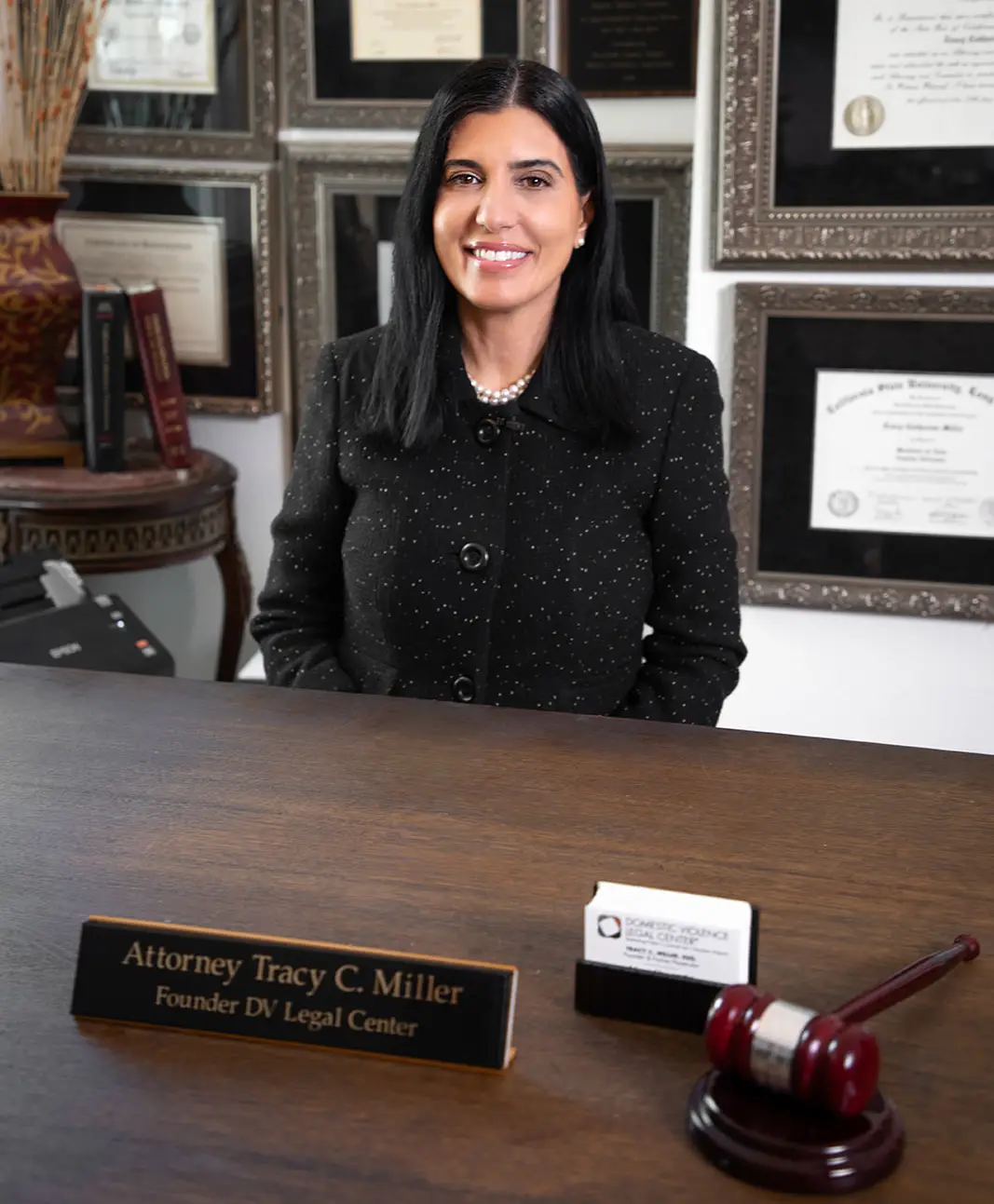
TESTIMONIALS
What our clients say about us
Podcast/interview
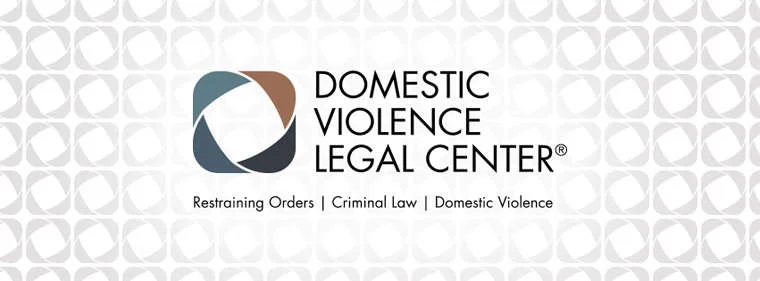
Voice of Laguna
Friday, May 17, 2024 - 41 minutes
Law Office of Tracy Catherine Miller
Founder of Moment with Miller and former prosecutor and Deputy D.A. Tracy Catherine Miller, and Attorney Shannon Lamb explain the complexities of domestic abuse cases.
Interviewer: Ed Steinfeld (Voice of Laguna owner)
